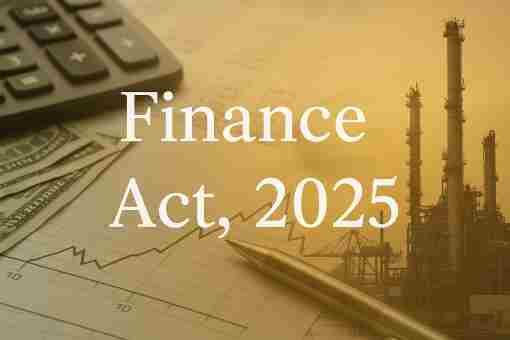Karachi, June 29, 2025 – In a move to tighten compliance and close legal loopholes, the government has significantly expanded the definition of fraud under Sales Tax Act, 1990 through the newly enacted Finance Act, 2025.
This redefinition is part of broader reforms aimed at tackling tax evasion, improving revenue collection, and promoting transparency in the sales tax regime.
The amendment has been made to Section 37 of the Sales Tax Act, which now provides a more comprehensive and detailed framework for identifying and prosecuting tax fraud. The revised definition focuses on deliberate acts intended to evade tax liabilities, deceive the tax system, or manipulate official records.
According to the updated law, tax fraud includes knowingly, intentionally, or dishonestly committing or aiding in acts that result in a loss of sales tax revenue. Some of the key fraudulent activities listed under the revised section include:
• Preparation or use of false, forged, or fictitious documents such as tax returns, invoices, and annexures;
• Claiming fake input tax credits based on fictitious transactions or without actual purchases;
• Issuing tax invoices without corresponding supply of goods;
• Tampering with, concealing, or destroying essential sales tax records;
• Falsifying compliance with section 73, such as routing payments through deceptive bank transactions for the benefit of a registered person;
• Making taxable supplies without proper invoicing or failing to register under the Sales Tax Act when required;
• Suppressing reportable supplies or withholding tax amounts and failing to remit them for more than three months.
In addition, the law also criminalizes the handling of goods suspected to be subject to confiscation, including storing, transporting, concealing, or disposing of such items.
By broadening the scope of what constitutes fraud under the sales tax framework, the Finance Act, 2025 strengthens the Federal Board of Revenue’s (FBR) capacity to detect and prosecute offenders. It reflects a clear policy shift toward more aggressive enforcement of tax laws, especially against organized fraud networks operating through shell companies and false invoicing schemes.
Tax authorities believe that these measures will serve as a deterrent against sales tax fraud, increase voluntary compliance, and contribute to Pakistan’s fiscal stability through higher revenue recovery and reduced evasion.
